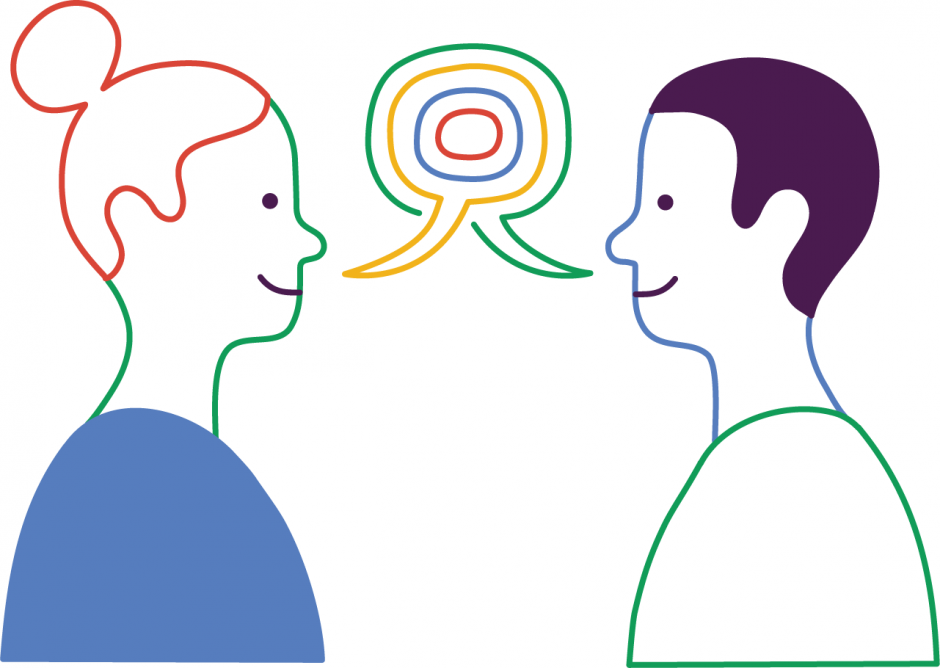Shana Lebowitz, Business Insider US
About five minutes before Search Inside Yourself was scheduled to start, I was running through New York City’s Flatiron District, using half my mouth to chew a blueberry muffin and the other half to curse the fates for letting me oversleep by an hour.
It was a fitting start to a day of mindfulness training.
Search Insider Yourself (SIY) is a two-day program that teaches participants skills around mindfulness, emotional intelligence, and resilience. It was originally developed at Google, by the company’s 107th employee, Chade-Meng Tan (a.k.a. the “Jolly Good Fellow“).
Today, Tan no longer works at Google, where the program continues. But he sits on the board of the Search Inside Yourself Leadership Institute, which offers public SIY programs across the globe. (If you can’t make it to a public SIY program, you can also download the free app Whil, which offers a digital version.)
SIYLI invited me to participate in (and comped my admission to) the $1,250 New York City program in November. I attended the first day of the program, where about 100 people, some from as far away as Ethiopia, learned mindfulness practices and the benefits behind them.
For me, the class was a much-needed opportunity to stop running, chewing, and cursing, and really notice what was happening – both around and inside me. Below, I’ve rounded up the insights from SIY that most resonated with me.
1. It’s impossible to ‘fail’ at meditation
One of the two SIY teachers who led the program, Laurie Cameron, debunked the myth that if you keep getting distracted while sitting, meditation isn’t for you.
Instead, she recommended thinking of meditation as training your mental muscles and each distraction that arises as an opportunity to do a “mental rep.” Here’s how it works: You start out by following your breath. A distraction arises. You notice the distraction. You reorient your attention to the breath. One rep down.
While those distractions can be frustrating, it’s important to treat yourself with kindness and to reorient your attention as gently as possible.
2. Talking about emotions differently can help you deal with them in a more productive way
Robert Chender, the other SIY teacher, said there are two ways to handle emotions. One is the existential way: “I am angry.” The other is the physiological way: “I experience anger in my body.”
That second framing might sound weird – but if you think about emotions that way, at least in your own head, it’s somewhat freeing. Your emotions are no longer all-consuming entities that guide your choices; they’re transient states. Think of emotions, Cameron added, as “passing through me like a cloud.”
It’s the difference between being inside an emotion or stepping outside of it, Cameron said when we spoke by phone later that week. You don’t let your emotions define you.
3. You can get better at acknowledging your emotions before they spiral out of control
“Emotions are actually feelings in the body,” Chender explained. The key is recognizing when you’re experiencing a particular bodily sensation.
One way to do that is a body scan. Starting at the top of your head, check in with every part of your body and notice what it feels like. That way, you can catch any simmering negative feelings before you act on them.
For example, maybe your cheeks are hot, or your fists are clenched. You might be experiencing anger.
Cameron told me that the more you practice tuning into your bodily sensations, the better you’ll get at identifying them. At first, it might take you an hour to realize that you were experiencing anger. At some point, though, you’ll be able to realize what’s going on while you’re experiencing that anger. Then you can label the emotion as such, which can help decrease its intensity.
Finally, you can tap into your thinking brain to figure out what to do next, instead of acting out of extreme anger, or sadness, or whatever it is you’re experiencing.
4. When you’re feeling a difficult emotion, the best thing to do is pause
Cameron and Chender taught the SBNRR technique for dealing with emotions in tense situations: Stop, Breathe, Notice, Reflect, Respond.
Here’s how it would play out if you were in a meeting and someone announced that you did something wrong:
Stop: Don’t say anything just yet.
Breathe: Take a deep breath.
Notice: Observe the feelings you’re experiencing, for example anger or defensiveness. Observe any physical sensations, for example weakness or nausea.
Reflect: Figure out what the underlying feeling is: Maybe you’re doubting yourself, or maybe you feel vulnerable.
Respond: Choose to act in a way that makes logical sense.
Again, it takes practice to get good at this technique. Eventually, it won’t take several minutes to SBNRR; it’ll be your automatic pattern as soon as something triggers you. You can also practice SBNRR on your own by mentally replaying a stressful situation and thinking about how you could have handled it differently.
5. Treat others – and yourself – with kindness
Chender led a practice called “open awareness,” which trains you to focus deeply on the present. You notice and welcome whatever comes your way – sounds, smells, and feelings, for example.
At one point during the practice, Robert instructed SIY participants to treat all these stimuli with kindness and openness “because you are a very good and kind person.” That idea of showing yourself compassion, of recognizing the person you’re trying to be, struck me as both important and undervalued.
Cameron told me that meditation isn’t just about training your attention – it’s also about training the way you speak to yourself.
We all have an inner voice that can sometimes be critical, Cameron said. “With mindfulness, we learn to develop awareness of that voice in the head and we can learn to talk to ourselves with kindness instead of scolding or self-judgment.”
Originally published – November 5, 2016:



